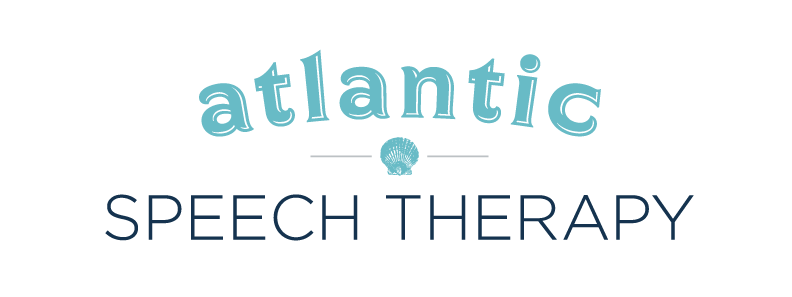Physical Therapy
Improving Gross Motor Skills and Mobility
Our caring and highly qualified physical therapists focus on helping patients with various injuries and disabilities by addressing mobility and stability issues, including patients who have suffered from an injury, are recovering from surgery, or have congenital conditions. We specialize in: torticollis, plagiocephaly, gait, muscle strengthening, joint pain, etc.
Conditions we target include:
- prematurity
- low birth weight
- autism spectrum disorder
- developmental delay
- spina bifida
- cerebral palsy
- fractures
- post-surgical conditions
- sports injuries
- CVA
- TBI
- Parkinson’s disease
- dementia


